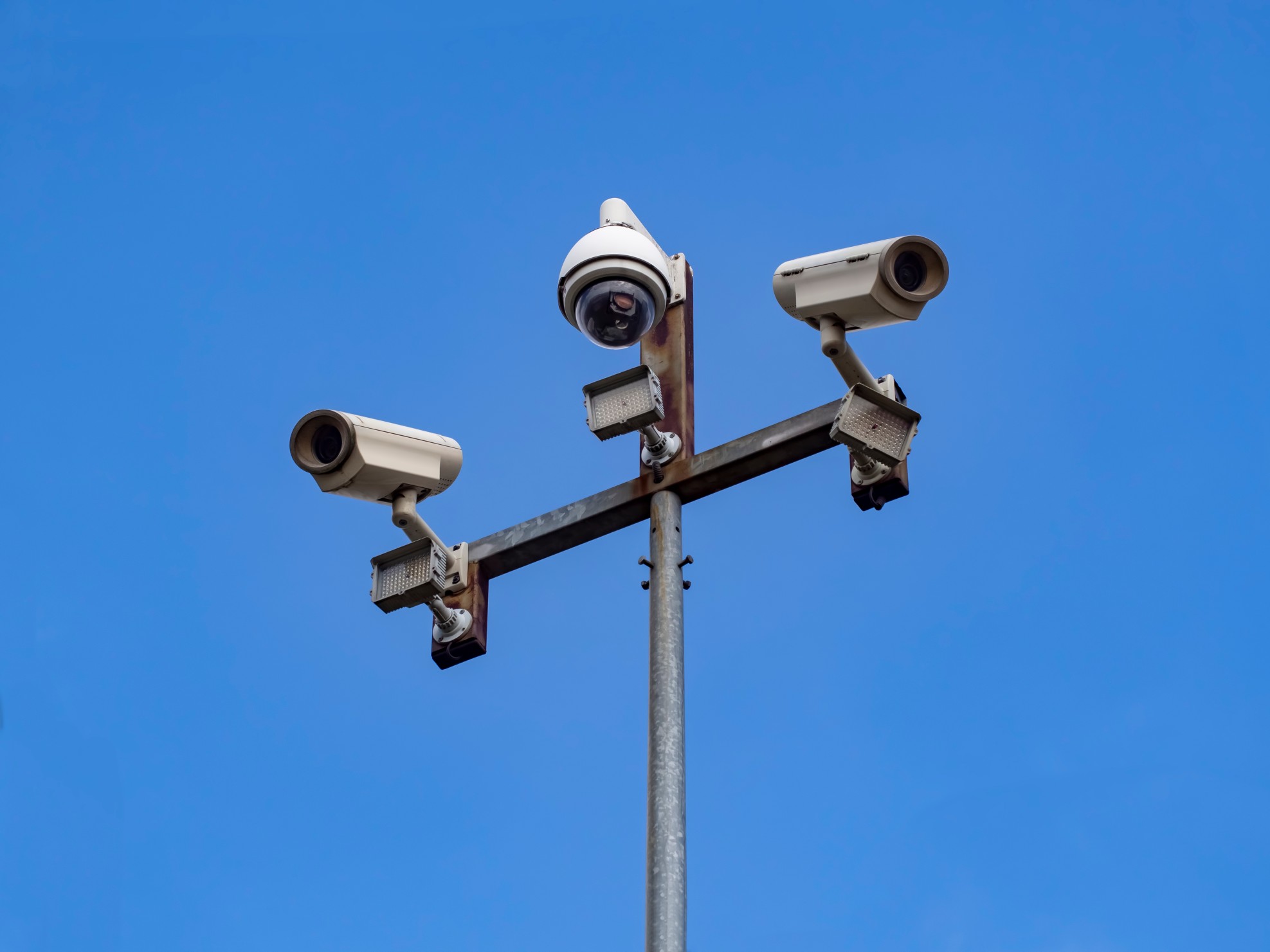Technologists from Harvard, MIT and Google, say research claiming to predict crime dependent on human faces creates a “tech-to-prison pipeline” that reinforces racist policing.
More than 1,000 technologists and researchers are saying against algorithms that endeavour to predict wrongdoing only dependent on an individual’s face, saying that publishing such studies fortifies previously existing racial bias in the criminal justice system.
The public letter has been marked by scholastics and AI specialists from, MIT, Harvard, Microsoft and Google, and approaches the distributing organization, Springer, to stop the distribution of a forthcoming paper. The paper depicts a framework that the creator’s guarantee can predict whether somebody will perpetuate wrongdoing dependent solely on an image of their face, with “80 per cent precision” and “no racial bias.”” There is basically no real way to build up a framework that can anticipate ‘criminality’ that isn’t racially one-sided, in light of the fact that criminal justice information is inherently racist,” composed Audrey Beard, one of the letter’s coordinators, in an emailed sentence. The letter approaches Springer to withdraw the paper from publication in Springer Nature, release an announcement condemning the utilization of these strategies and focus on not publish comparable studies later on.
This isn’t the first time that AI analysts have made these questionable claims. Machine learning researchers roundly condemned a comparative paper discharged in 2017, whose authors asserted the capacity to anticipate future criminal conduct via preparing an algorithm with the faces of individuals recently sentenced for crimes. As specialists noted at that point, this only makes a criticism circle that justifies further focusing of underestimated groups that are now excessively policed.
“As various scholars have illustrated, historical court and capture data reflect the practices and policies of the criminal justice system,” the letter states. “These data reflect who the police decide to capture, how judges decide to manage, and which individuals have conceded longer or increasingly indulgent sentences. Thus, any software worked inside the current criminal legitimate structure will unavoidably resound those equivalent fundamental inaccuracies and prejudices with regards to deciding whether an individual has the ‘face of a criminal.'” The letter is being discharged as fights against foundational systematic racism and police violence proceed over the US, following the passings of Tony McDade, Breonna Taylor, George Floyd, and other Black individuals murdered by police. The technologists depict these one-sided algorithms as a feature of a “tech-to-prison pipeline,” which empowers law implementation to justify violence and discrimination against minimized communities behind the veneer of “objective” algorithmic systems.
The worldwide uprisings have resuscitated examination of algorithmic policing technologies, for example, facial recognition. Earlier this month, IBM declared that it would not grow anymore or sell facial recognition systems for use by law requirement. Amazon followed by putting a one year ban on police utilization of its own facial acknowledgement framework, Rekognition. Motherboard asked an extra 45 organizations whether they would quit offering the technology to cops, and generally got non-reactions.
Update: This article was refreshed to explain that the paper is referred to will show up in Springer Nature, a book arrangement published by the Springer publishing company, and not Nature, the scientific journal owned by Springer.
